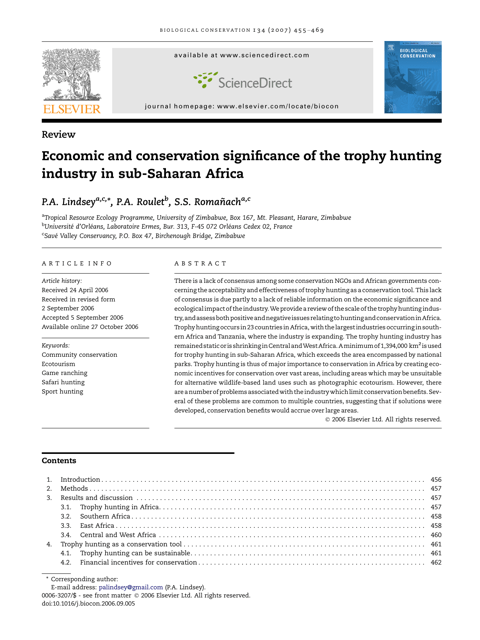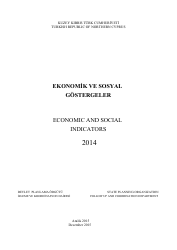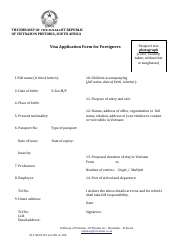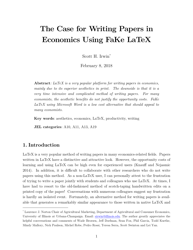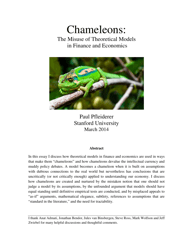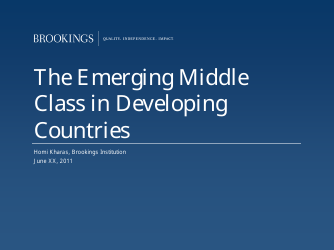Economic and Conservation Significance of the Trophy Hunting Industry in Sub-saharan Africa
The economic significance of the trophy hunting industry in Sub-Saharan Africa is that it generates revenue for local communities and contributes to the overall GDP of the region. It creates jobs, generates income from tourism, and attracts international hunters who spend money on accommodations, transportation, and other services.
The conservation significance of the trophy hunting industry lies in its potential to incentivize wildlife conservation efforts. Trophy hunting operators often have a vested interest in protecting wildlife populations and their habitats to ensure a sustainable supply of trophies. Additionally, the funds generated from hunting permits and fees can be reinvested into conservation initiatives and anti-poaching efforts.
FAQ
Q: What is the trophy hunting industry?
A: The trophy hunting industry involves the hunting of big game animals for their trophies, such as heads, horns, or hides.
Q: Why is the trophy hunting industry significant?
A: The trophy hunting industry has both economic and conservation significance.
Q: What is the economic significance of the trophy hunting industry?
A: The trophy hunting industry brings in revenue through hunting fees, which can contribute to local economies and conservation efforts.
Q: How does the trophy hunting industry contribute to conservation?
A: Hunting fees often go towards supporting conservation initiatives, such as anti-poaching efforts and habitat preservation.
Q: Are there any benefits for local communities from the trophy hunting industry?
A: Some communities may benefit from employment opportunities and the revenue generated from trophy hunting.
Q: What are the concerns regarding the trophy hunting industry?
A: There are concerns about the sustainability and ethical aspects of trophy hunting, as well as the potential impact on wildlife populations.
Q: What is the current debate surrounding the trophy hunting industry?
A: The debate centers around finding a balance between economic benefit and conservation, as well as addressing ethical concerns.
